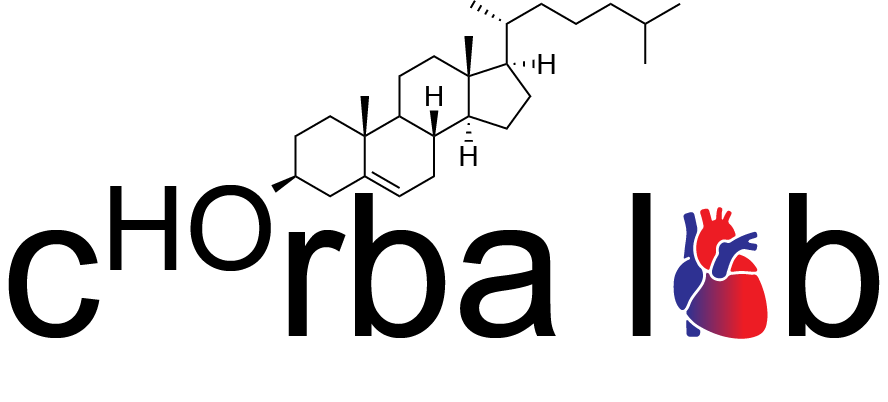Our lab has a core set of values aligning with John’s philosophy on science, mentoring, and leadership. We created a simple mnemonic (IDEAS) to keep us focused, but we do not intend to exclude other values we also find important. We also intend for this to be a working document and source of discussion in the lab: we expect that everyone in our lab community will review and improve upon these concepts by contributing to its evolution over time.
Our IDEAS = Integrity, Diversity, Equality, Ambition, Safety and Support
Integrity: We have to be proud of what we produce and be willing to stand behind it. Our science needs to be reproducible and available to others who can benefit from what we develop. This means it is both important to pursue experiments and ideas that we believe will be transformative, yet also communicate our results when they support the null hypothesis.
Diversity: A major strength of our laboratory is our ability to draw from a wide breadth of backgrounds to focus on a particular problem or question. Thus, we strive to bring in as varied a group of backgrounds as possible, because it makes our science that much stronger. This is meant to be a broad statement, as it includes both personal and demographic characteristics in addition to scientific and technical training.
Equality: Everyone in the lab is of equal value. This is particularly true in scientific inquiry; for example, what may seem like a naïve background question could ultimately turn out to be the most important question our lab addresses. In any situation of conflict, we apply a principle of fairness to all.
Ambition: Our lab will pursue big problems. We want our work to be impactful. We understand that we cannot work in a vacuum; it is important for us to be able to explain to others how we expect our findings to help the world.
Safety and Support: We are an inclusive environment where we are all expected to grow and learn. We strive to be a well-functioning scientific “family.” We respect each other as human beings. We ensure that our critiques are constructive and growth-oriented. We confront our inevitable mistakes and approach them as learning experiences. When our individual goals diverge, or even conflict, we communicate openly to identify a common understanding and come to a solution.
